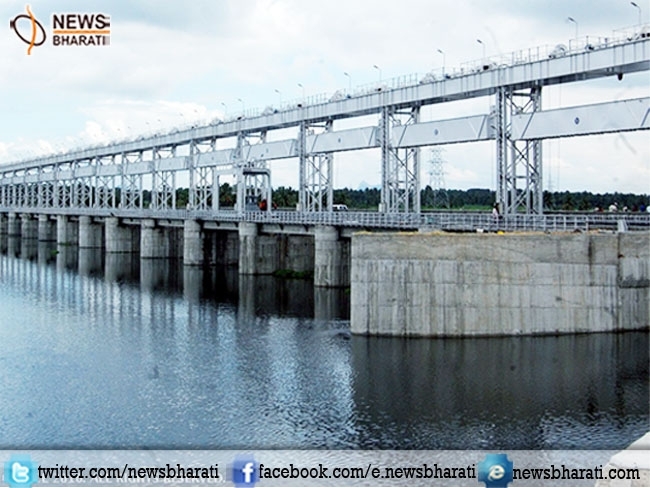#IndusWatersTreaty: No new agreement between India-Pak; agreed to preserve water dispute treaty
Washington, September 17: India and Pakistan have reconfirmed their commitment to preserve the Indus Water Treaty following talks held on Friday. However, no agreements were made as the meetings concluded.

“Both countries and the World Bank appreciated the discussions and reconfirmed their commitment to the preservation of the Treaty. While an agreement has not been reached at the conclusion of the meetings, the World Bank will continue to work with both countries to resolve the issues in an amicable manner and in line with the Treaty provisions”, statement added.
Also, the World Bank further said that it is committed to act in good faith and with complete impartiality and transparency in fulfilling its responsibilities under the Treaty, while continuing to assist the countries.
Pakistan opposes the construction of the Kishanganga (330 megawatts) and Ratle (850 megawatts) hydroelectric power plants being built by India in Jammu and Kashmir, the global lender said in her fact sheet.
India has been quite clear that the world body is only discussing technical aspects of the issue and this certainly does not amount to 'bilateral talks' between the two sides as the policy decision was drawn up by none other than Prime Minister Narendra Modi when he said "Blood and water cannot flow together", at a meeting he chaired after India lost 19 soldiers to a terrorist attack on an army garrison in Uri.
The Indus Waters Treaty was signed in 1960 after nine years of negotiations between India and Pakistan with the help of the World Bank, which is also a signatory. Seen as one of the most successful international treaties, it has survived frequent tensions, including conflict, and has provided a framework for irrigation and hydropower development for more than half a century.
The World Bank Group had announced in December last year that a pause in the separate processes initiated by India and Pakistan under the Indus Waters Treaty to allow the two countries to consider alternative ways to resolve their disagreements.